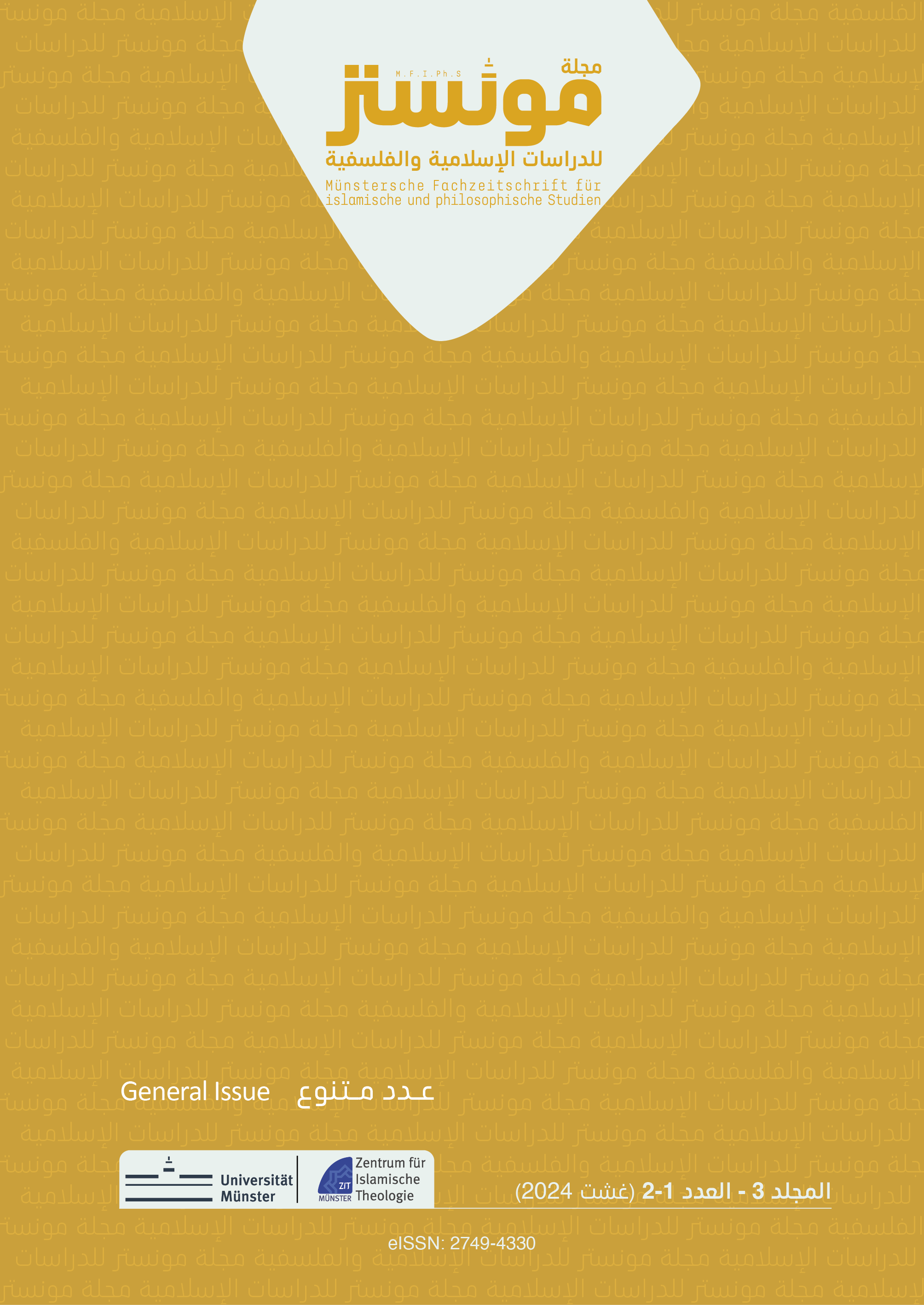Philosophy and the Islamisation of Knowledge
An analytical reading of 'Islamic philosophy' in the light of the concept of philosophy and the history of philosophical thought in the early Islamic era
Keywords:
Greek Philosophy, Reason, Ontology, Plato, Aristotle, Neo-Platonism, al-Kindi, al-Farabi, Early Islamic Era, Islamisation of PhilosophyAbstract
This paper examines contemporary academic interest in the development of philosophy in the Arab-Islamic world, questioning the philosophical legitimacy of 'Islamic philosophy' and the association of philosophy with a specific religious identity. The study traces the origins of Arabic philosophical discourse to the early Abbasid era, when Muslim Arabs engaged with the Greek philosophical heritage, particularly the works of Plato and Aristotle. Through translation and dialogue, they developed their own unique understanding of philosophy. The paper begins by discussing the concept of philosophy in Platonic and Aristotelian thought, and then examines the philosophical contributions of Yaʿqub Ibn Ishaq al-Kindi and Abu Nasr Muhammad al-Farabi. Finally, it examines whether early Islamic philosophical texts advocated the Islamisation of philosophy or science. The findings suggest that al-Kindi and al-Farabi promoted a distinction between philosophy and jurisprudence, as well as between philosophical and theological discourse, offering insights for contemporary debates on the potential Islamisation of philosophy or the creation of a philosophy with an Islamic jurisprudential and religious identity.




